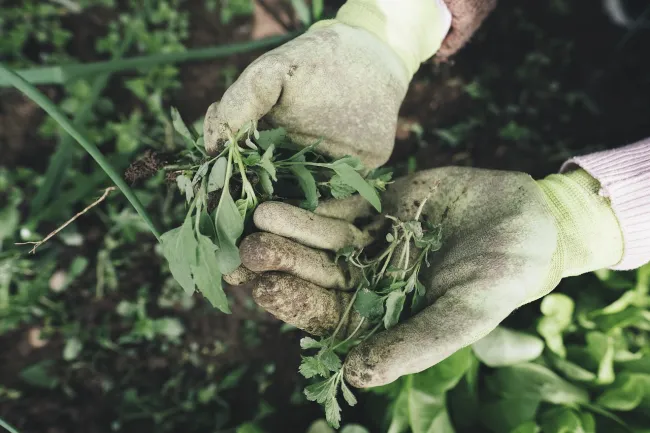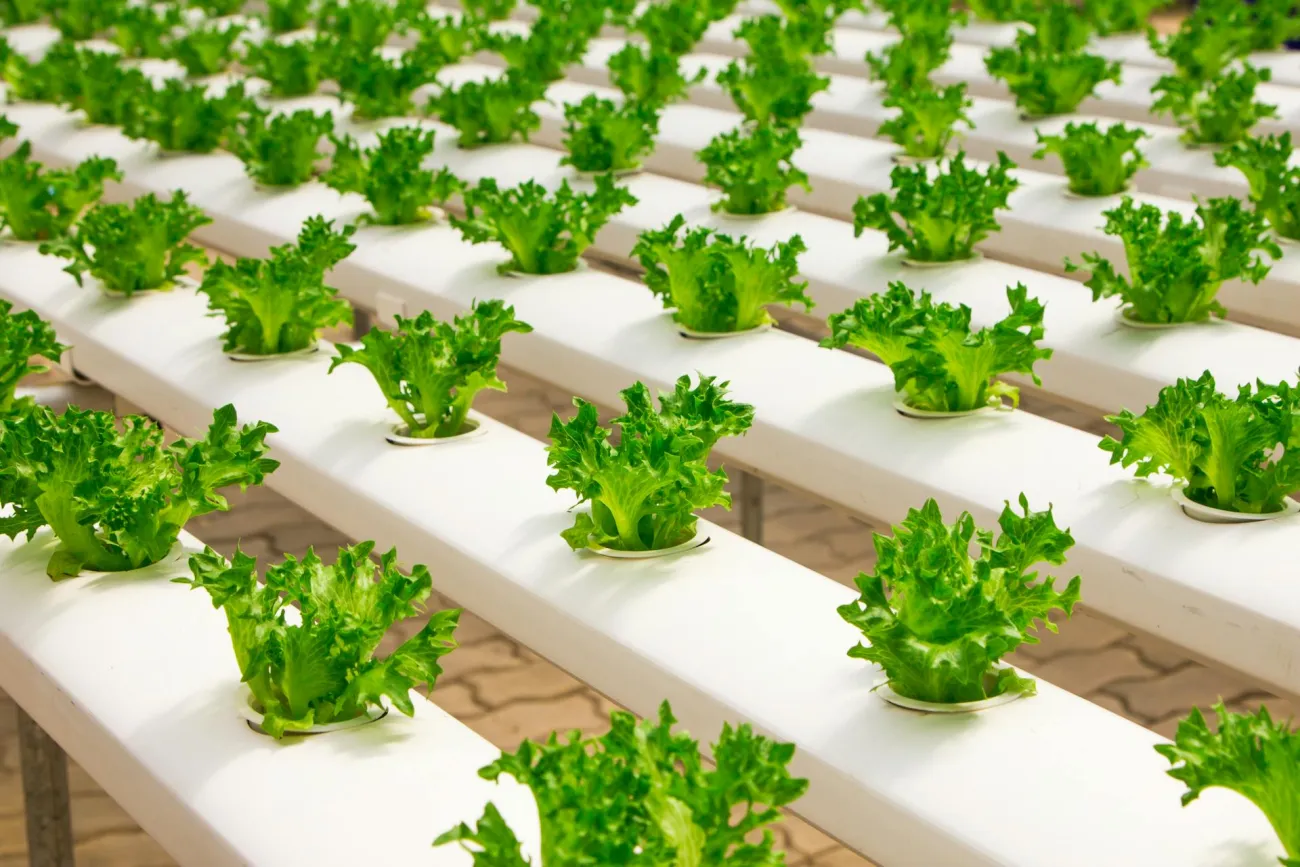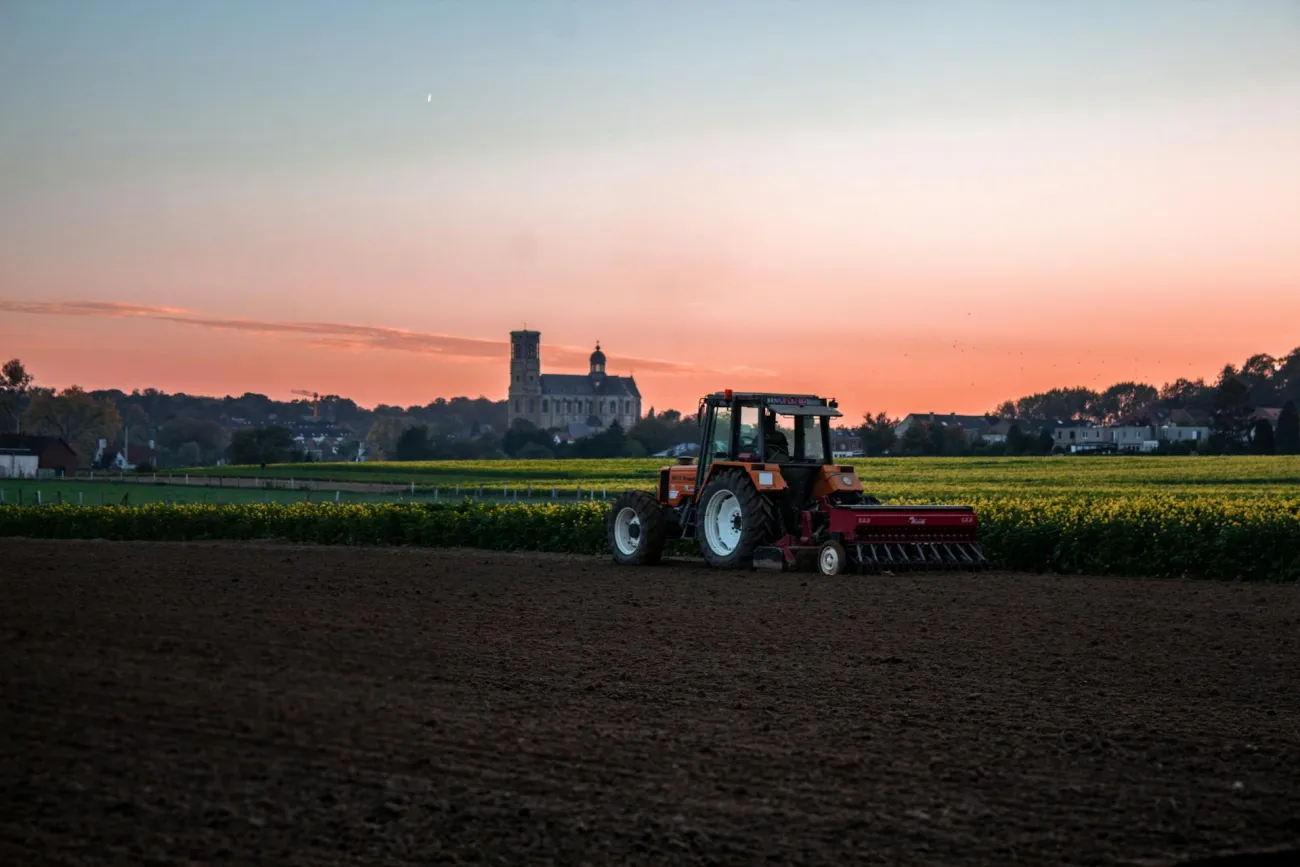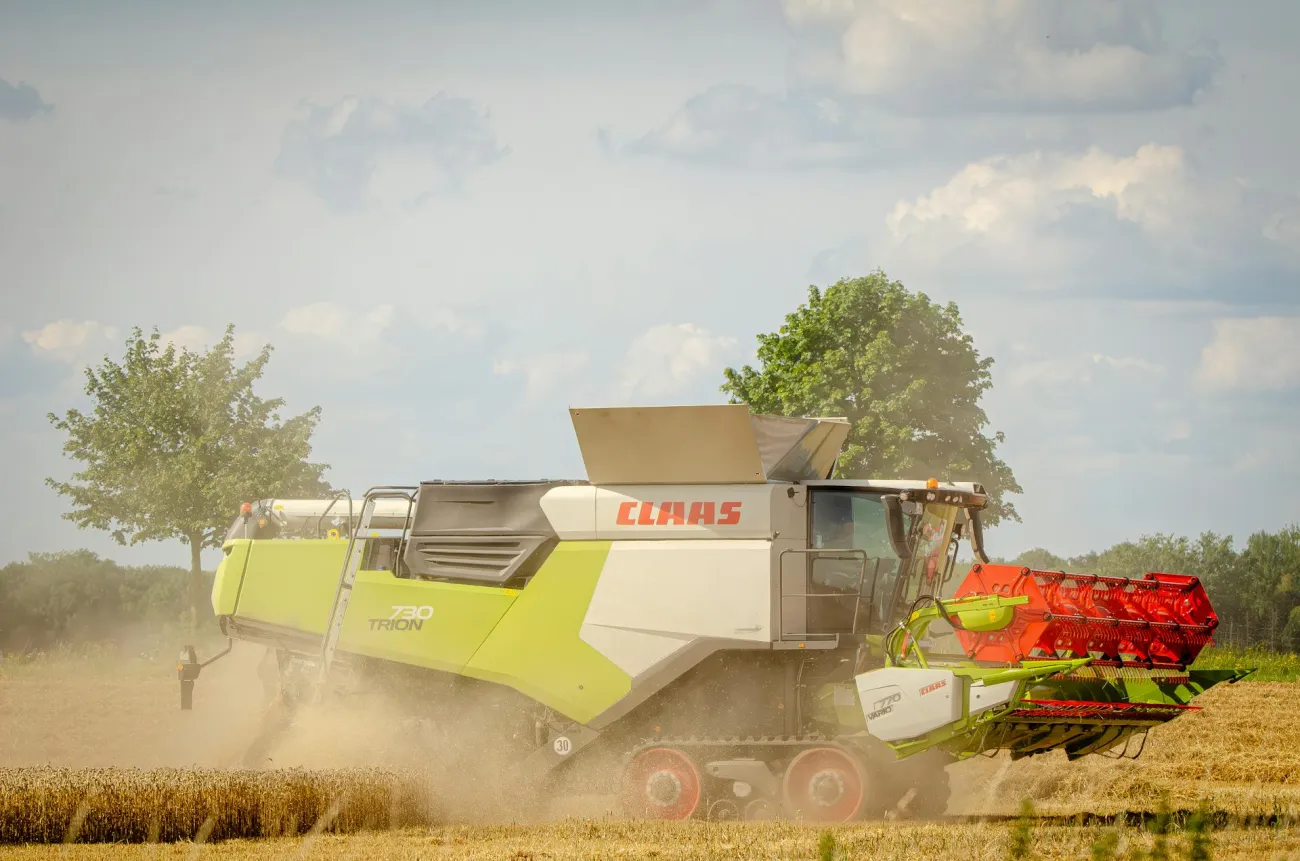This paper analyses six themes that emerge from discourse on regenerative agriculture and identifies three opportunities for how to use discourse to transform “industrial-productivist” agriculture.

The six themes in regenerative agriculture discourse are:
- Regenerative agricultural work is conducted within nested, complex living systems. Proponents argue that healthy ecosystems have a self-organising capacity to move towards greater resilience. For example, one Australian farmer stopped using various inputs because of their cost; after several years of low production, a grassland developed which benefited the soil’s water-holding capacity, crop yields, fodder availability and animal production.
- Farms are relational; co-evolution occurs amongst humans and other landscape biota. In other words, the relationships between farmers and nature can continue to change over time across many dimensions, including language, diet and behaviour.
- The innate potential of living systems is place-sourced. Specifically, regenerative farmers develop a deep understanding of their local ecological and cultural context, from which their agricultural activities can emerge.
- Openness to alternative thinking and practice is transformative. Many farmers report becoming “addicted” to ongoing learning, including in the form of continuous monitoring of ecosystems.
- Multiple regenerative cultures are necessary for deeply regenerative agriculture. This refers to the social dimension of regenerative agriculture. The “culture” of regenerative agriculture will be unique to each location.
- Regenerative approaches depart from industrialism to varying degrees. For example, say the authors, some large agricultural corporations use the term “regenerative” but continue to operate from a “productivist” mindset and aim to expand across millions of acres. Other approaches to regenerative agriculture may instead be led by Indigenous peoples.
The three opportunities for transformative discourse identified by the paper are:
- Discourse coalitions - where a group of actors drawn to certain narratives ally to reproduce those narratives.
- Translocal organising - where a global network can promote a similar paradigm at a diversity of locations, while allowing sufficient flexibility to work in different local contexts.
- Collective learning - where farmers share their experiences with other farmers and also with those who hold opposing views, such as those who support what the paper calls “industrial-productivist” agriculture.
Abstract
Agriculture occupies 38% of the planet’s terrestrial surface, using 70% of freshwater resources. Its modern practice is dominated by an industrial–productivist discourse, which has contributed to the simplification and degradation of human and ecological systems. As such, agricultural transformation is essential for creating more sustainable food systems. This paper focuses on discursive change. A prominent discursive alternative to industrial–productivist agriculture is regenerative agriculture. Regenerative discourses are emergent, radically evolving and diverse. It is unclear whether they have the potential to generate the changes required to shift industrial–productivist agriculture. This paper presents a literature-based discourse analysis to illustrate key thematic characteristics of regenerative agricultural discourses. The analysis finds that such discourses: situate agricultural work within nested, complex living systems; position farms as relational, characterised by co-evolution between humans and other landscape biota; perceive the innate potential of living systems as place-sourced; maintain a transformative openness to alternative thinking and practice; believe that multiple regenerative cultures are necessary for deeply regenerative agriculture; and depart from industrialism to varying degrees. The paper concludes by reviewing three transformative opportunities for regenerative discourses—discourse coalitions, translocal organising and collective learning.
Reference
Gordon, E., Davila, F. and Riedy, C., 2021. Transforming landscapes and mindscapes through regenerative agriculture. Agriculture and human values, pp.1-18.
Read the full paper here. See also the TABLE graphic Exploring the ebbs and flows of different agricultural movements: regenerative, organic and agroecology.




Comments (0)